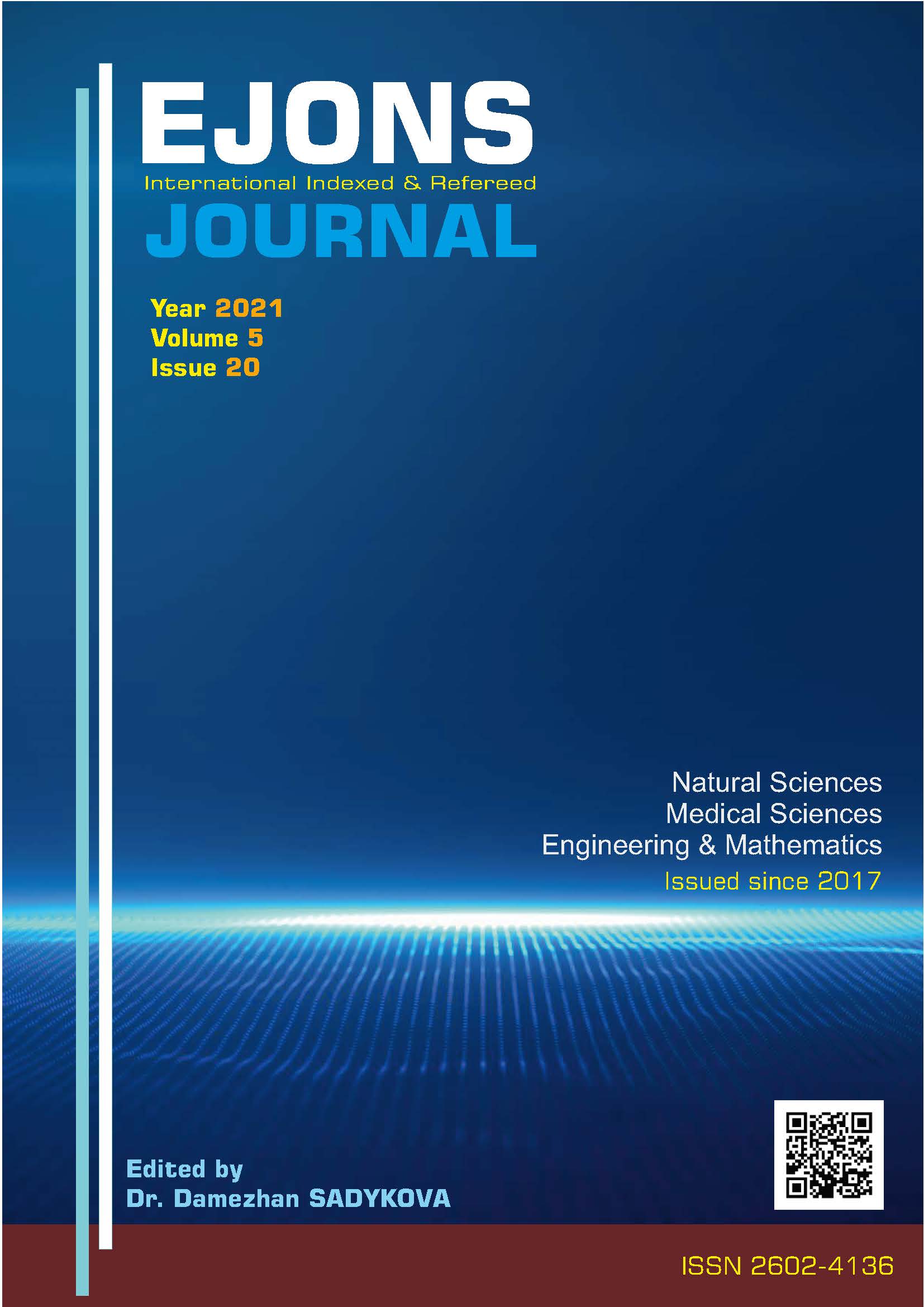USING ETHYL ALCOHOL AND METHYL ALCOHOL AS A FUEL ADDITIVE IN AN INTERNAL COMBUSTION GASOLINE ENGINE
DOI:
https://doi.org/10.38063/ejons.501Keywords:
engine, ethyl alcohol, gasoline, methyl alcoholAbstract
Air pollution from vehicles is among the sources that cause global warming. Air pollution is among the main problems not only of a country but of the whole world. CO (carbon monoxide), CO2 (carbon dioxide) and HC (hydrocarbon), NOx (nitrous oxide) emissions can be counted as harmful emissions released to the atmosphere by the combustion of fossil fuels used in land, air and sea vehicles. In order to reduce global warming, solar powered vehicles, hybrid and electric vehicles are used instead of today's internal combustion vehicles, while biofuels, hydrogen fuel or fuel additives are used as alternative fuels to reduce harmful emissions. Scientists have intensified their work to reduce these emissions. In particular, studies on fuel additives have increased in order to reduce harmful emissions. In this study, a single cylinder, water cooled, compression ratio 10/1 gasoline engine was tested by adding EB7.5 by volume of 7.5% ethyl alcohol to the gasoline fuel, and MB7.5 fuels by adding 7.5% methylalcohol. As a result of the experiment, HC (hydrocarbon) and CO (carbon monoxide) emissions of EB7.5 and MB7.5 mixed fuels decreased by 10,84%, respectively, when compared to gasoline fuel; 7.80% increase and 13.41%; A reduction of 50.94% occurred. When we look at the Engine Torque and the specific fuel consumption of EB7.5 and MB7.5 fuels, when compared to B100 fuel, respectively, 1.25%; 2.94% increase and 3.68% increase; There was a 0.38% decrease.
Downloads
Published
How to Cite
Issue
Section
License

This work is licensed under a Creative Commons Attribution-NonCommercial 4.0 International License.


